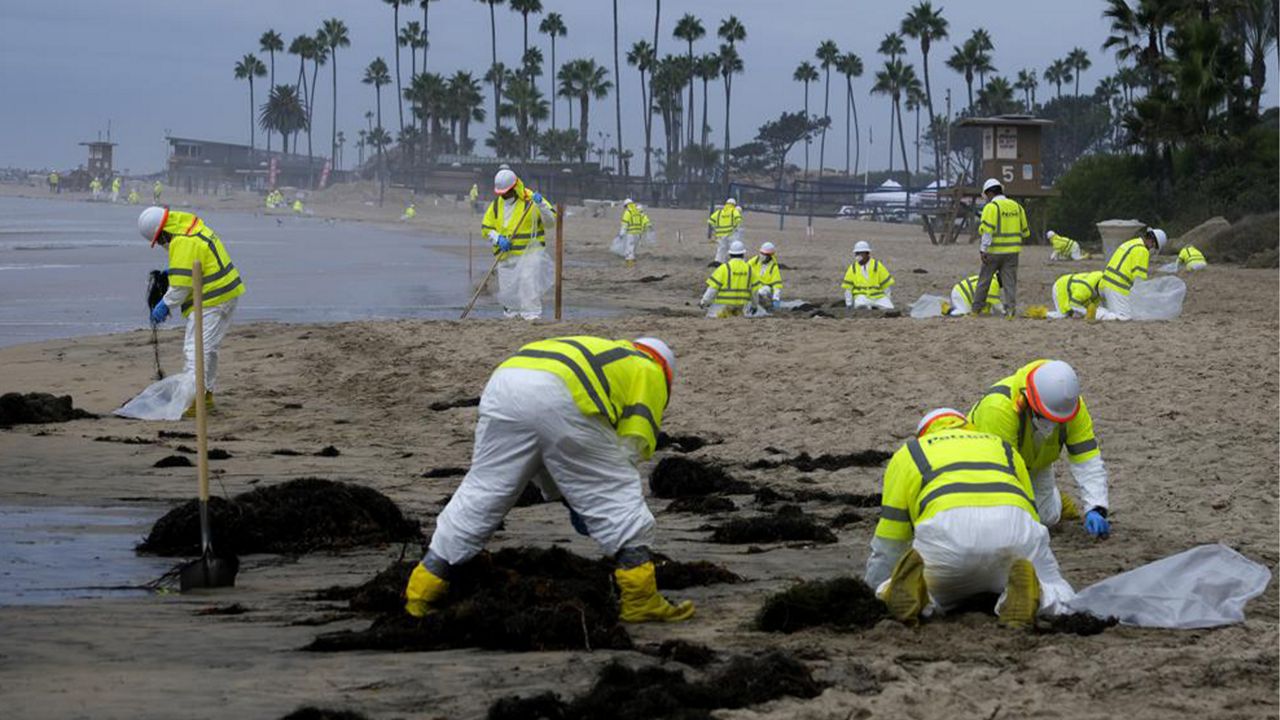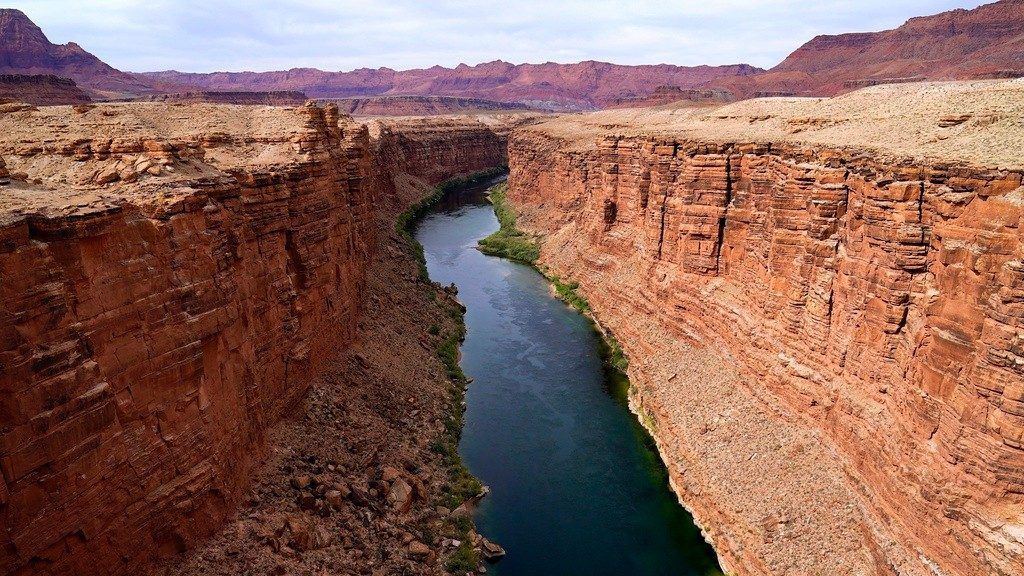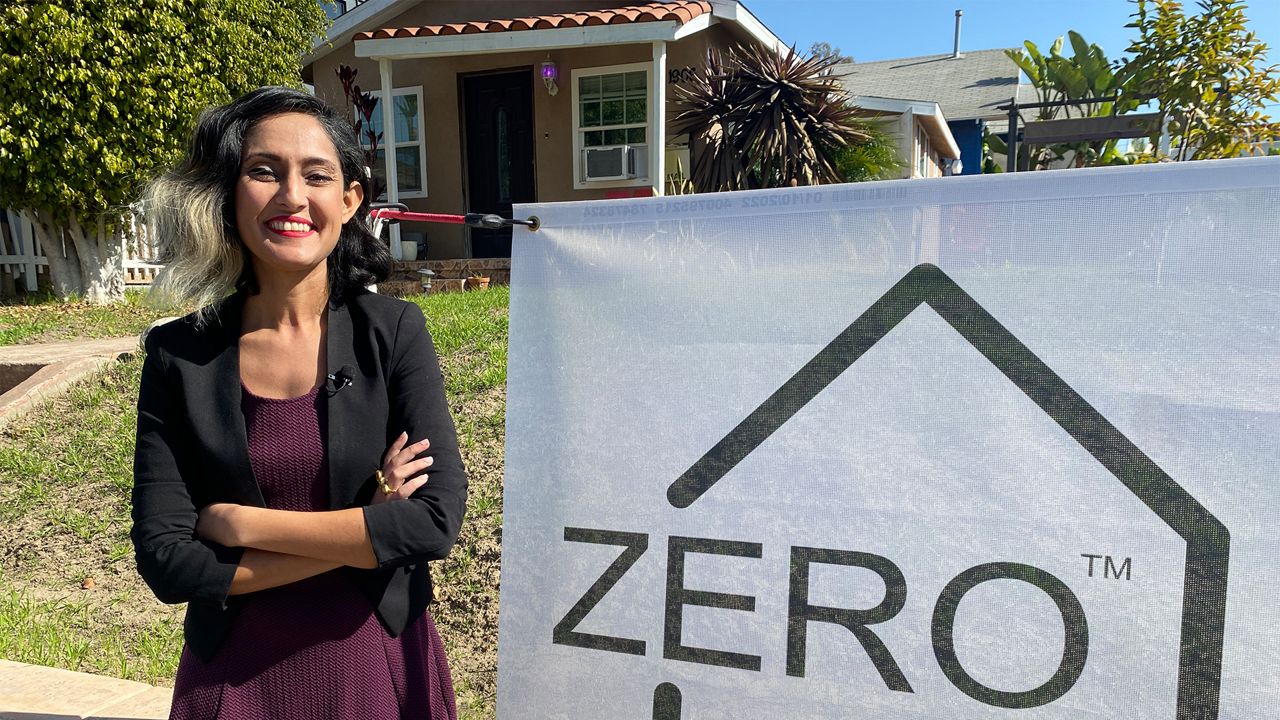HUNTINGTON BEACH, Calif. (AP) — Southern California harbor patrol boats picked up reports of a possible fuel spill off the coast on a marine radio emergency channel about an hour before the Coast Guard heard anything about oil on the water and about 15 hours before a large slick, which came from a leaking undersea pipeline, was confirmed, officials said Thursday.
Carrie Braun, a spokeswoman for the Orange County Sheriff’s Department, said harbor patrol boats off the coast of Huntington Beach picked up radio chatter among local boaters about an oily sheen and smell on the water at about 5:30 p.m. on Oct. 1. At least one of the boats, which were in the area to assist with a popular air show, checked on the spill reports but found nothing on the water, she said.
The Coast Guard, however, didn’t hear any radio chatter about a possible spill until about an hour later from a commercial vessel anchored off the coast, Coast Guard Lt. Commander Jeannie Shaye said. The federal agency asked the vessel to make a report to the National Response Center, which is staffed by the Coast Guard and notifies other agencies of emergencies for quick response, she said.
The spill of about 25,000 gallons (94,635 liters) of crude from a pipeline owned by Houston-based Amplify Energy that ferried oil from three offshore platforms forced the closure of some of the region’s signature beaches and fisheries and harmed animal and plant life.
In the days after the spill, Coast Guard officials gave at-times conflicting accounts of the timeline for the initial response.
On Thursday, Shaye confirmed that multiple calls about a possible spill came in over the marine radio channel but said her agency only acted after a call around 6:30 p.m. Oct. 1 from the anchored vessel. She said the Coast Guard had no prior knowledge that the harbor patrol actually searched for the spill that evening.
She said the Coast Guard reached out to state and local authorities about 7 p.m. but did not launch a search because darkness was falling. By then, Braun said the harbor patrol had completed its check.
It wasn’t until 8:22 p.m. that the commercial vessel’s report was called into the National Response Center by Colonial Compliance Systems Inc., which works with foreign ships in U.S. waters to report spills, according to reports compiled by the California Office of Emergency Services.
The next morning, Coast Guard hazardous materials investigators went out on a harbor patrol fireboat and located a miles-long black plume several miles offshore, according to a sheriff’s department memo that the AP obtained through a California Public Records Act request.
Pete Stauffer, environmental director for Surfrider Foundation, which is working as a liaison between non-governmental agencies and the unified command for the spill response, said a swift response to a spill is key to limiting damage.
“When there’s a report of a significant-sized oil slick on the ocean, it’s important to investigate,” Stauffer said. “What happens in the first hours and days during an oil spill is absolutely critical.”
The cause of the spill is under investigation. Federal investigators are examining whether the Panama-registered MSC DANIT, a 1,200-foot (366-meter) container ship, was dragging anchor during a Jan. 25 storm, snagged the pipeline and dragged it on the seabed.
It’s unknown why the leak occurred eight months later, and authorities also are looking into whether other anchors hit and weakened the pipeline or if a preexisting condition with the line was to blame.
After the spill, blobs of oil and tar balls washed ashore, forcing a weeklong closure of beaches that disrupted the local economy and killed dozens of birds. Environmental advocates say the damage was less than initially feared. But the long-term impact on wetlands and marine life is unknown.
This week, a group of environmental organizations demanded that the Biden administration suspend and cancel oil and gas leases in federal waters off the California coast.
The Center for Biological Diversity and about three dozen organizations sent a petition arguing that the Department of the Interior has the authority to end these leases and that the decades-old platforms are especially susceptible to problems because of their age. The agency declined to comment.










